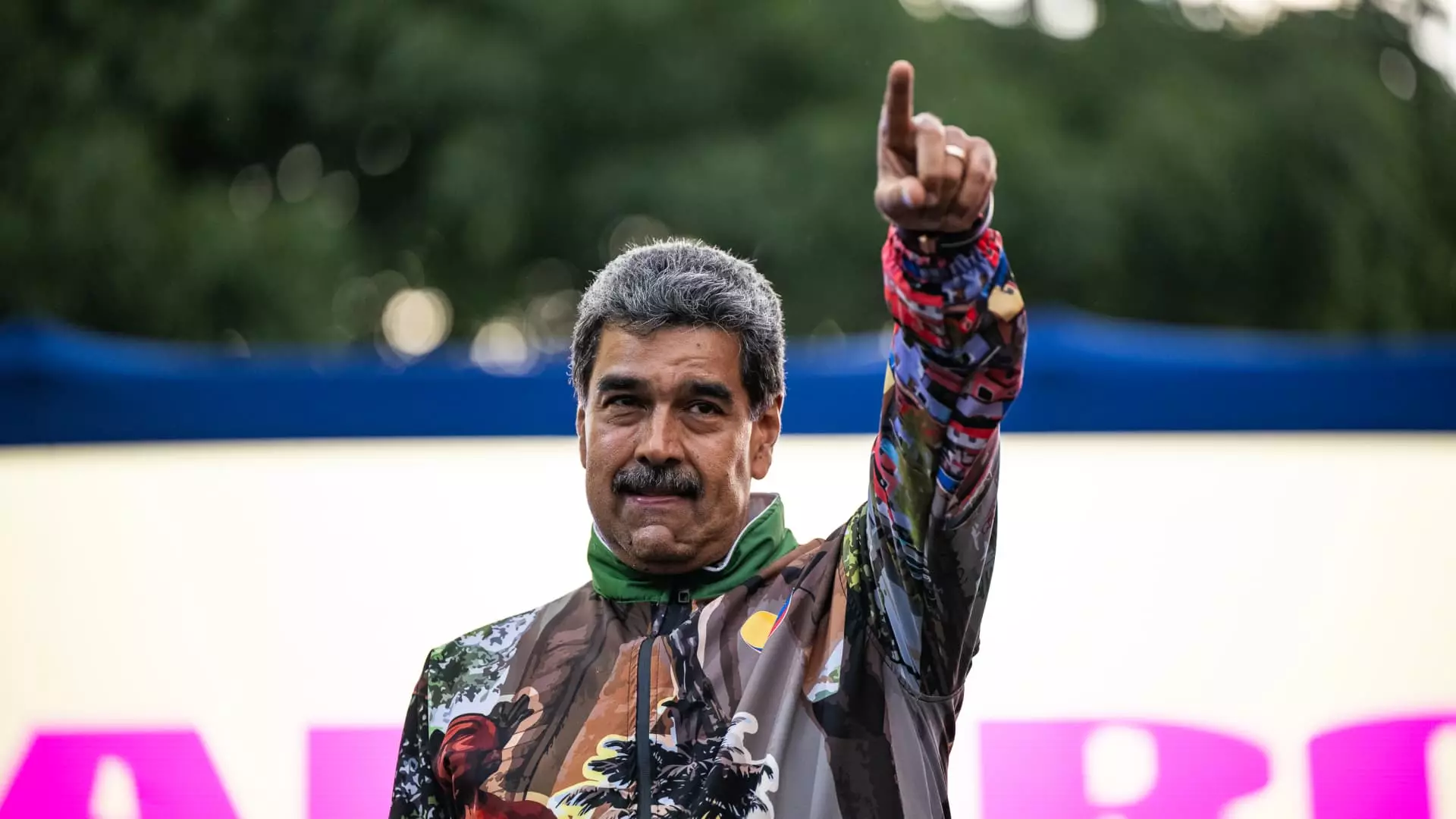As Venezuelan President Nicolas Maduro seeks his third term in office, the country finds itself in a critical juncture. This presidential election is considered the most open contest in over a decade, with the potential to bring about substantial change. The opposition candidate, Edmundo González Urrutia, has emerged as a formidable challenger, backed by the Democratic Unitary Platform after the disqualifications of other prominent figures.
The United Socialist Party of Venezuela (PSUV), led by Maduro, has been in power since 2013. However, his administration has faced scrutiny over allegations of unfair election practices and restrictions on opposition parties. The current election has raised concerns about the possibility of post-election violence, as both sides intensify their rhetoric in the lead-up to the vote.
The international community has expressed apprehension about the potential for violence and instability in Venezuela. The White House, along with Brazil’s President Luiz Inácio Lula da Silva, has called on Maduro to respect the election results and ensure a peaceful transition of power, if necessary. The prospect of regime change and political tension looms large, as the country braces for a possible shift in leadership.
The threat of violence has raised alarms among observers, with fears of mass protests and social unrest in the aftermath of the election. The Economist Intelligence Unit predicts heightened political uncertainty and instability, as the country grapples with deep economic challenges and widespread discontent among the population. The impact of the election outcome on Venezuela’s future trajectory remains uncertain, with various scenarios playing out depending on the result.
Venezuela’s political crisis is exacerbated by its economic and social challenges, including a severe contraction in GDP and a significant exodus of people seeking better opportunities abroad. The country, which boasts the world’s largest proven oil reserves, has been plagued by rampant inflation, shortages of essential goods, and escalating violence. The mass migration of millions of Venezuelans has added to the complexity of the crisis, with significant implications for regional stability and humanitarian concerns.
The Maduro government has blamed external factors, such as U.S. sanctions, for the economic collapse. However, analysts point to longstanding issues within Venezuela’s governance and economic policies as the root causes of the crisis. The need for a pragmatic and sustainable solution to the country’s challenges has become increasingly urgent, as the humanitarian situation deteriorates and political tensions escalate.
As Venezuela approaches a critical juncture with the upcoming election, the focus shifts to the potential outcomes and implications for the country’s future. The Biden administration’s approach towards Venezuela, centered on diplomatic engagement and a gradual easing of sanctions, reflects a desire for a peaceful resolution to the crisis. The need for dialogue, reconciliation, and a commitment to democratic principles is emphasized as Venezuela navigates through a period of uncertainty and transition.
The international community plays a crucial role in supporting Venezuela’s democratic aspirations and economic recovery efforts. The question of legitimacy, governance, and social cohesion remains central to addressing the underlying challenges facing the country. As Venezuela stands at a crossroads, the decisions made in the aftermath of the election will shape its trajectory and determine its place in the global community.



Leave a Reply